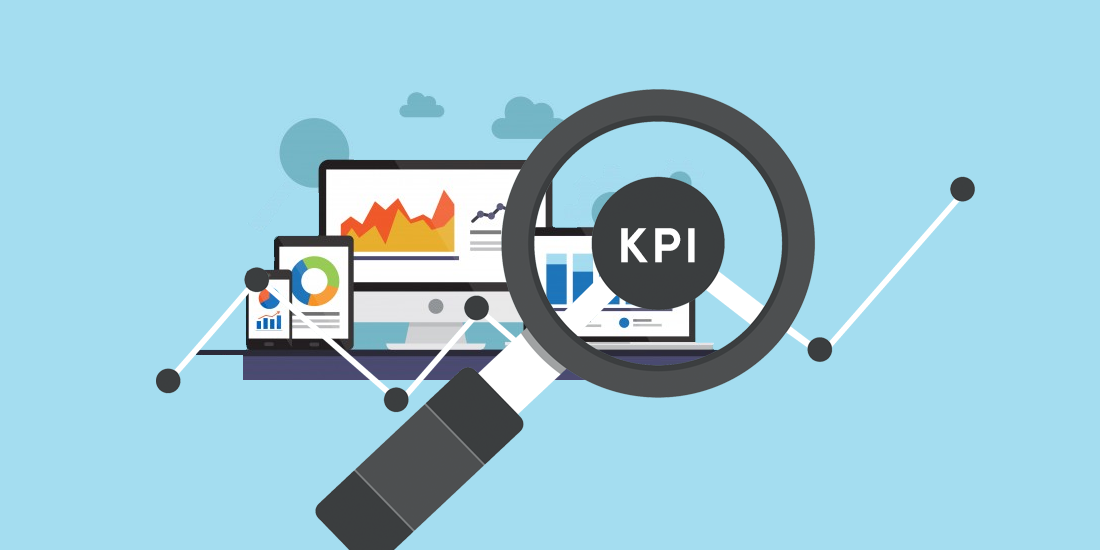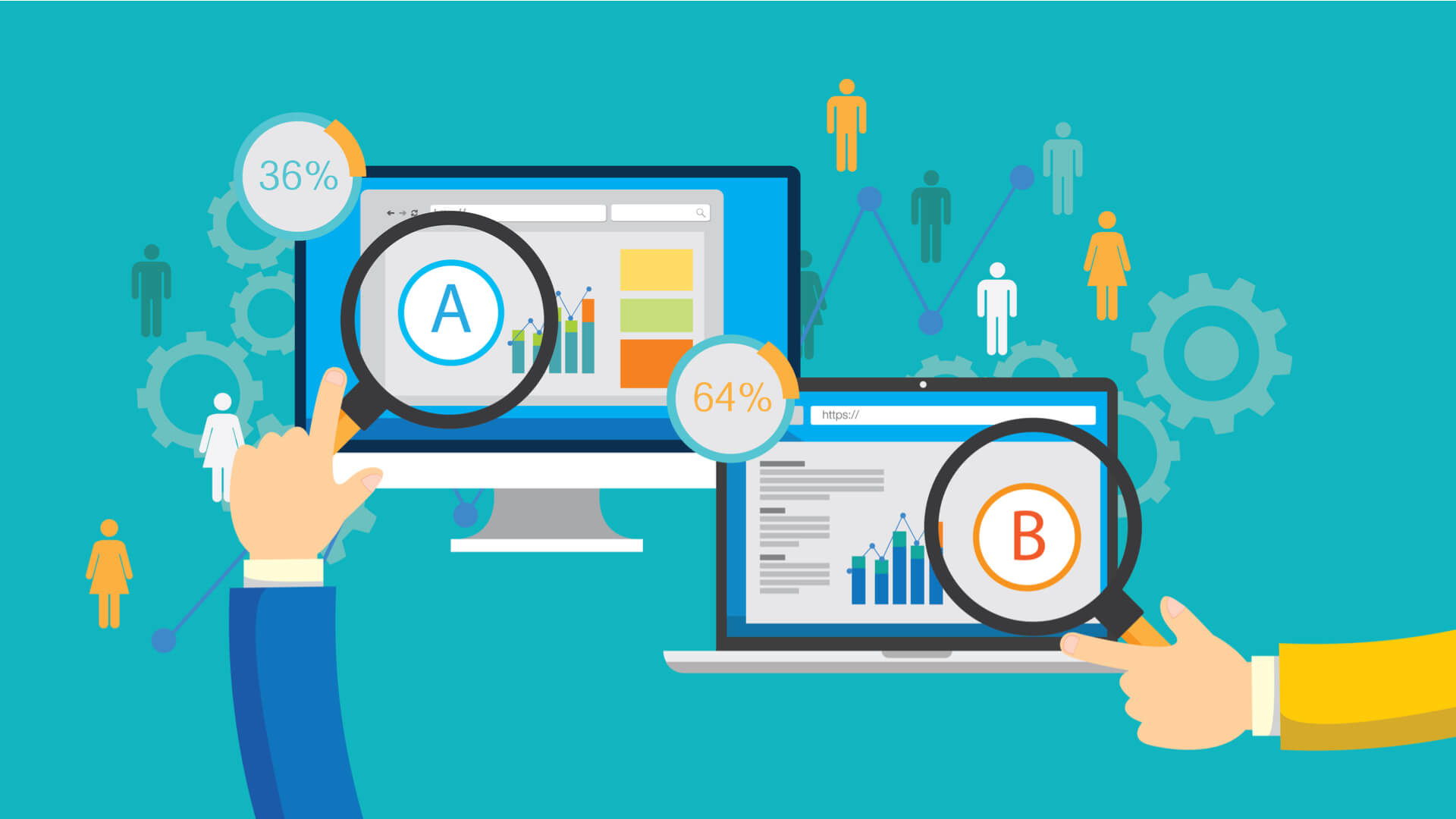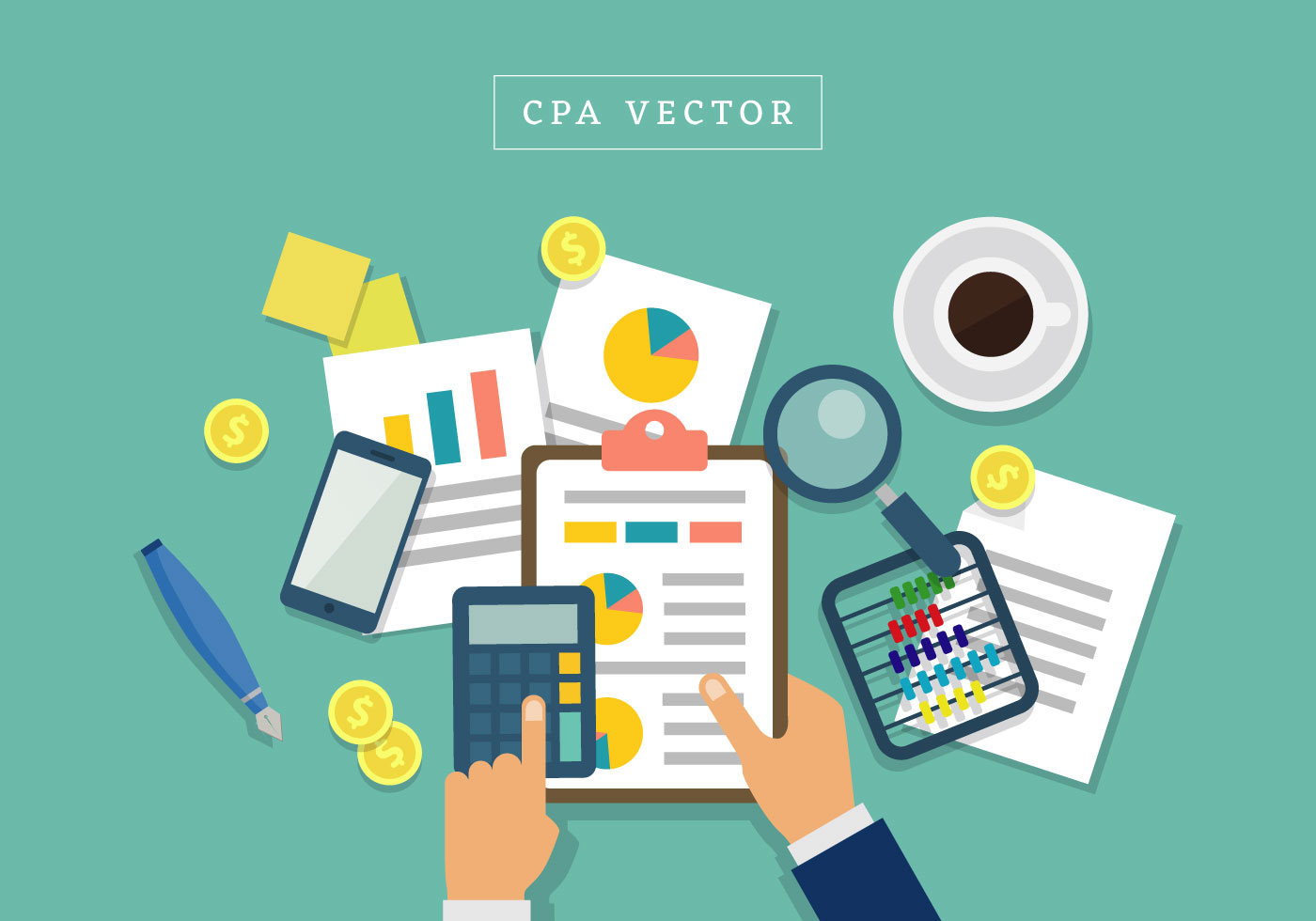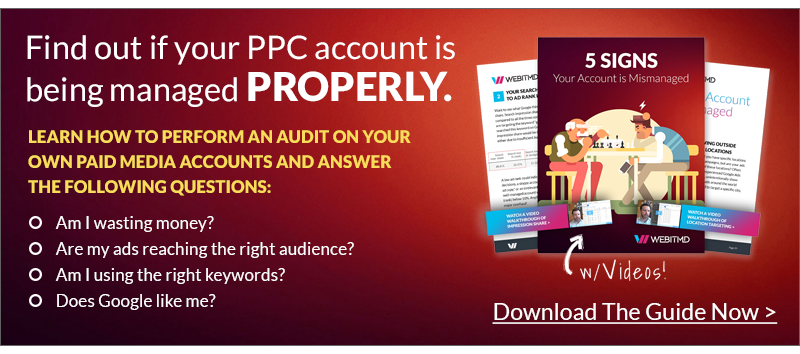The promise is alluring: type in what you are willing to pay for a sale and Google will do the rest. No more worrying about cost per click, device bid adjustments, ad scheduling, network selection, ad rotation, or average position. Automated bidding strategies are becoming more popular due to ease of implementation and management. Many paid media agencies recommend it and are successfully using automated bidding to manage their campaigns. You have likely heard “Make sure to have three expanded text ads per ad group and enable CPA bidding” from your Google Ads rep. Before blindly taking that advice, review the following considerations for your account to see if Target CPA bidding is right for you.
Paid Media Experts Prepare for Temporary Decreased Performance
Automated Target CPA bidding requires data, lots of data, to be successful. When you partner with the best paid media agencies, you know your investment is built on careful data farming with no gaps. The algorithm continually tests, learns and retest to bring results at your preferred CPA. This process can take time and we recommend you give it at least 3 three weeks before evaluating results. There is a way to mitigate the learning curve draw down which is discussed below.
Have Accurate Conversion Tracking
What are you counting as a conversion in your Google Ads account? Is it a view of a key page such as the contact page? What about 3 minutes+ time on site? These are examples of ultra-micro conversions that have little impact to your success. Make sure the conversion action or actions CPA bidding is optimizing for are meaningful. Examples of meaningful conversions could include quote request form submits, sign ups or registrations, demo request, or a purchase for an ecommerce site. Bonus takeaway: Conversation tracking data can also be pooled into other strategies that allow paid media to nourish client relationships and retention.
Use Campaign Experiments Just Like Google-Partner Paid Media Agencies
Any savvy paid media agency knows that the safest way to evaluate Target CPA bidding is to use a Google Ads feature called Campaign Experiments. Campaign experiments allow you to duplicate an existing campaign, change a variable such as bidding strategy, and serve a percentage of impressions that you specify to each of the original and experiment campaigns. For most accounts we recommend running a minimum of 30% of impressions to the experiment campaign. Any less and results could take a very long time to evaluate with any statistical confidence.
Make Sure Your CPA Bid Isn’t Too Low or High
Usually you want to start with a CPA bid that is not lower than what you are currently paying for a conversion using manual bidding or non-CPA related automated bidding. Google will often suggest starting with a CPA target up to twice your current cost per conversion. If you start with a CPA that is unrealistic or too low, your traffic volume will be choked off. Too high and your budget could be maxed while delivering less traffic and fewer conversions.
Don’t Make Major Changes to Paid Media Campaign Budgets
Keep the budget similar to what you had before switching to Target CPA bidding. Similar to setting the CPA bid, having a budget that is too high or low can affect how aggressive or conservative Google’s algorithm will be.
Have Significant Conversion Volume
Google Ads requires only 15 conversions over the last 30 days to enable Target CPA bidding. However, imagine a campaign gets 200 clicks a day but a conversion only once every two days. Do you think the algorithm can accurately say what is special about 1 in 400 clicks? Absolutely not! The more conversion volume a campaign receives the more inputs automated bidding can evaluate and the better Target CPA bidding will perform. Here at WEBITMD, our paid media team prefers to see a few hundred conversions a month to give Target CPA bidding a chance to outperform, while anything over 100 gets tested. Anything with less than 60 conversions is not considered.










.jpg)


.jpg)





![5 Reports to Elevate Your HubSpot Sales Dashboard [+ Examples]](https://blog.webitmd.com/hs-fs/hubfs/Imported_Blog_Media/6-winning-examples-of-a-hubspot-sales-dashboard-2.png?width=767&name=6-winning-examples-of-a-hubspot-sales-dashboard-2.png)